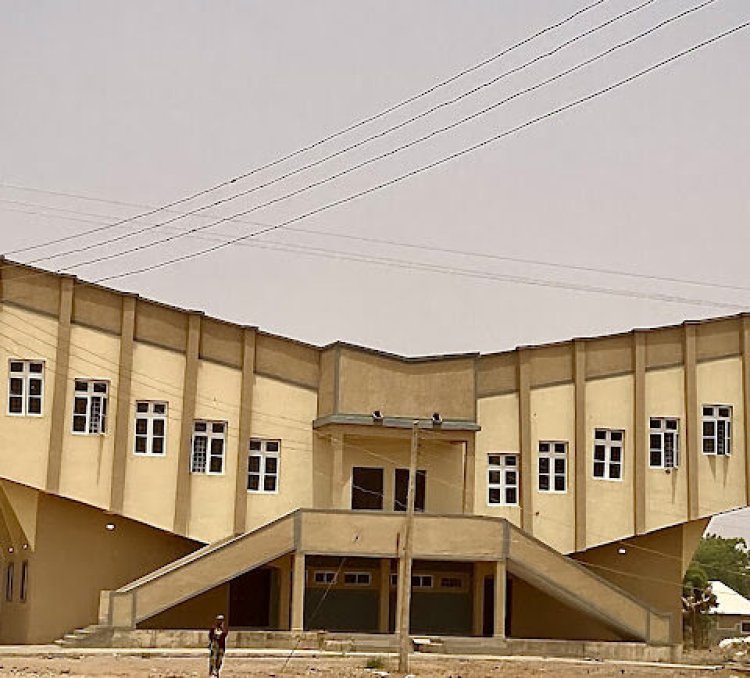NANS Criticizes Bauchi University Over N100,000 Accommodation Fee
The National Association of Nigerian Students (NANS) has condemned the Federal University of Health Sciences, Azare, Bauchi State, for imposing a mandatory N100,000 accommodation fee on all students seeking on-campus housing.

The National Association of Nigerian Students (NANS) has voiced its discontent with the recent decision by the management of the Federal University of Health Sciences, Azare, Bauchi State, to enforce a compulsory accommodation fee of N100,000 for all students seeking on-campus housing.
In a statement released on Wednesday, NANS National President, Comrade Lucky Emonefe, labeled the policy as "unacceptable and appalling." He emphasized that while it is standard for medical and Bachelor of Dental Surgery (BDS) students to pay accommodation fees due to the demands of their programs, imposing such a substantial fee on all students is insensitive given the current economic challenges many families face.
"The exorbitant N100,000 accommodation fee only exacerbates the financial burdens on students who are already struggling with rising living and educational costs," Emonefe stated. He further insisted that education should be accessible and affordable, urging the university to reconsider its stance on accommodation fees.
NANS called for an immediate reversal of the decision and proposed that accommodation should be optional for students who wish to stay on campus at a more reasonable price. The association stressed the importance of recognizing the diverse financial situations of students and implementing supportive policies that aid rather than hinder academic success.
In the statement, NANS reiterated its commitment to advocating for the rights of students and warned that it would not hesitate to mobilize for further action if the issue remains unresolved. "It is essential to create a conducive learning environment that does not impose undue financial strain on students," the statement concluded.
NANS continues to emphasize the need for educational institutions to prioritize the welfare of students as they navigate the complexities of their academic journeys.

 Chris Oyeoku Okafor
Chris Oyeoku Okafor 


